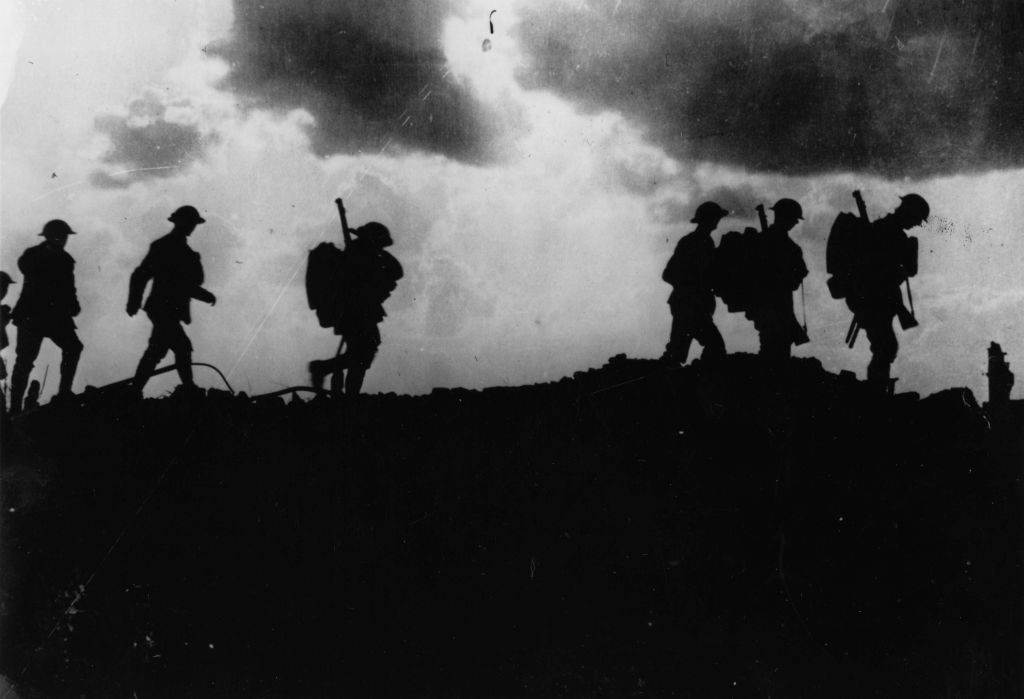More inexplicable than the nature of the war has been its causes. In its immediate aftermath, official accounts of the conflagration, backed up by the Versailles treaty, laid blame firmly at the feet of Germany. But in the century since, a vast literature has emerged offering highly heterogeneous analyses of the conflict. Disputing Disaster: A Sextet on the Great War is Perry Anderson’s intervention in this debate, which he sees as represented most perceptively by six historians, each from one of the belligerent nations — France, Italy, Germany, Great Britain, Australia, and the United States. The panoptic essay, taking on a writer’s biography, entire body of work, and its reception, is a specialty of Anderson, who has for sixty years been one of the Anglophone world’s preeminent Marxists.
…
To synthesize narrative and causality Anderson turns to the historian with whom he has the strongest affinity: Schroeder, a figure he calls “the greatest American historian of his generation.” Schroeder, a paleoconservative who served as a Lutheran pastor before turning historian, would ostensibly seem an odd figure for a Marxist to shower with praise. But both men share a sensibility skeptical of the grand ambitions of liberalism, as well as hostility to American Empire and the strong turn to foreign intervention under the Bush administration. Along with these antipathies, Schroeder and Anderson have in common a similar regard for the virtues of wide-ranging structural history.
For Schroeder, the war was inevitable. His work concerned itself with the structural forces underlying the European political system, an approach he developed most rigorously in his 1994 book, The Transformation of European Politics, 1763–1848. By the late nineteenth century, the continuing breakdown of the post-Napoleonic Concert of Powers assured that a war was on the horizon, according to Schroeder. This was a view shared by socialists and other critics of imperialism at the time. For Friedrich Engels, the war was also an inevitability. By late 1887 he could write, in an introduction to a pamphlet criticizing the German military, that “the only war left for Prussia-Germany to wage will be a world war, a world war, moreover of an extent the violence hitherto unimagined.” Even in his apocalyptic predictions, he underestimated the scale of what would become World War I.
 libgen my love 🙏
libgen my love 🙏


